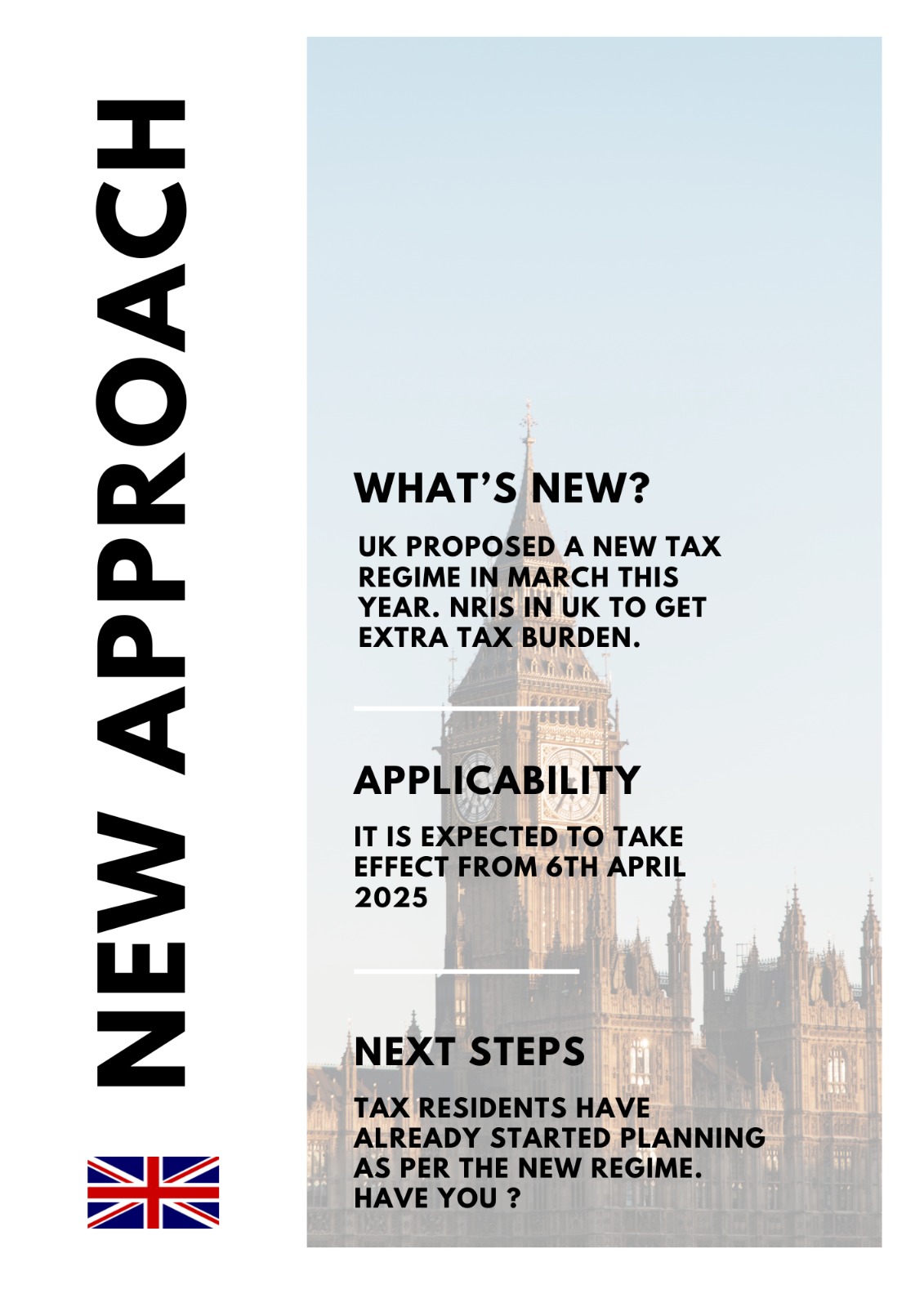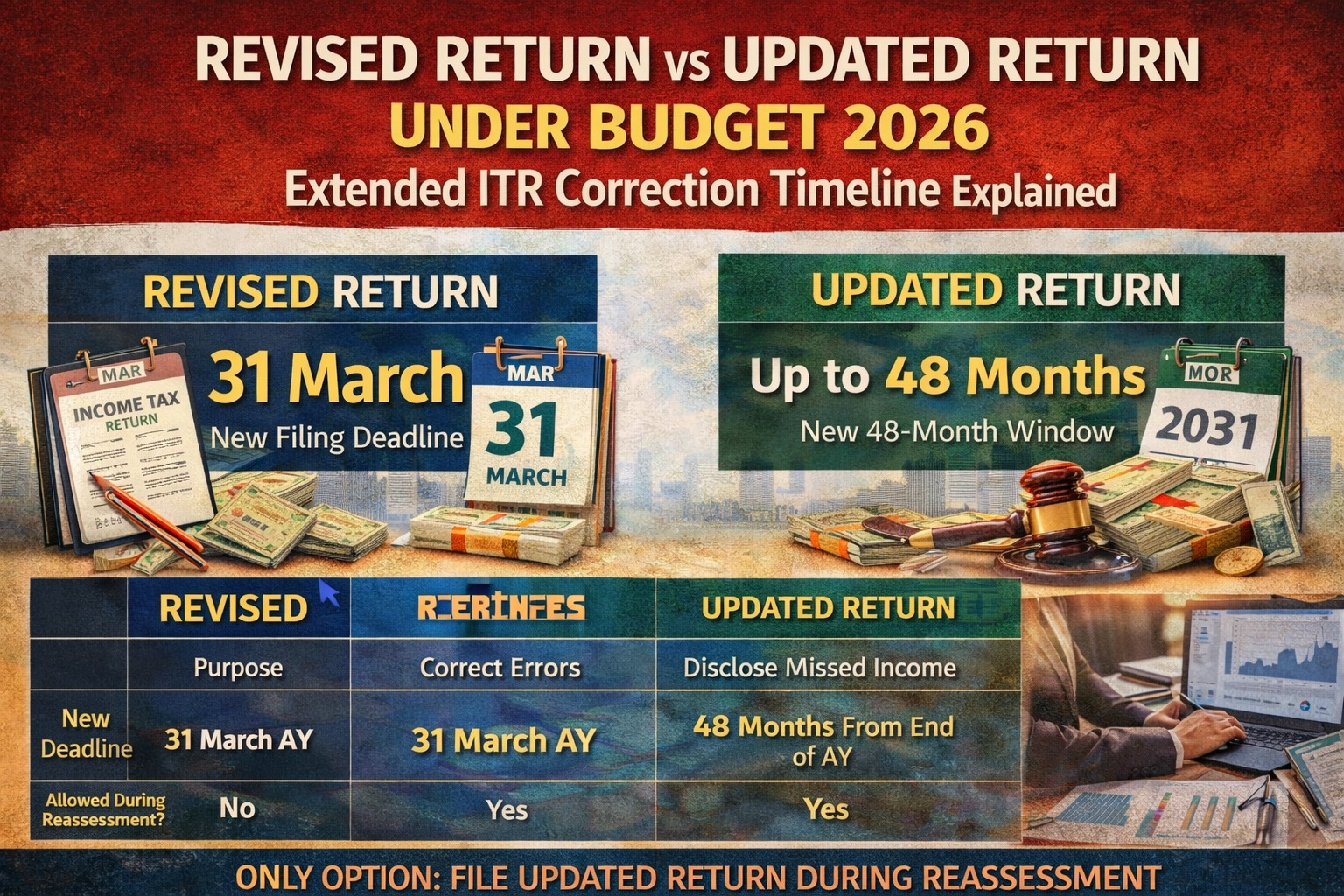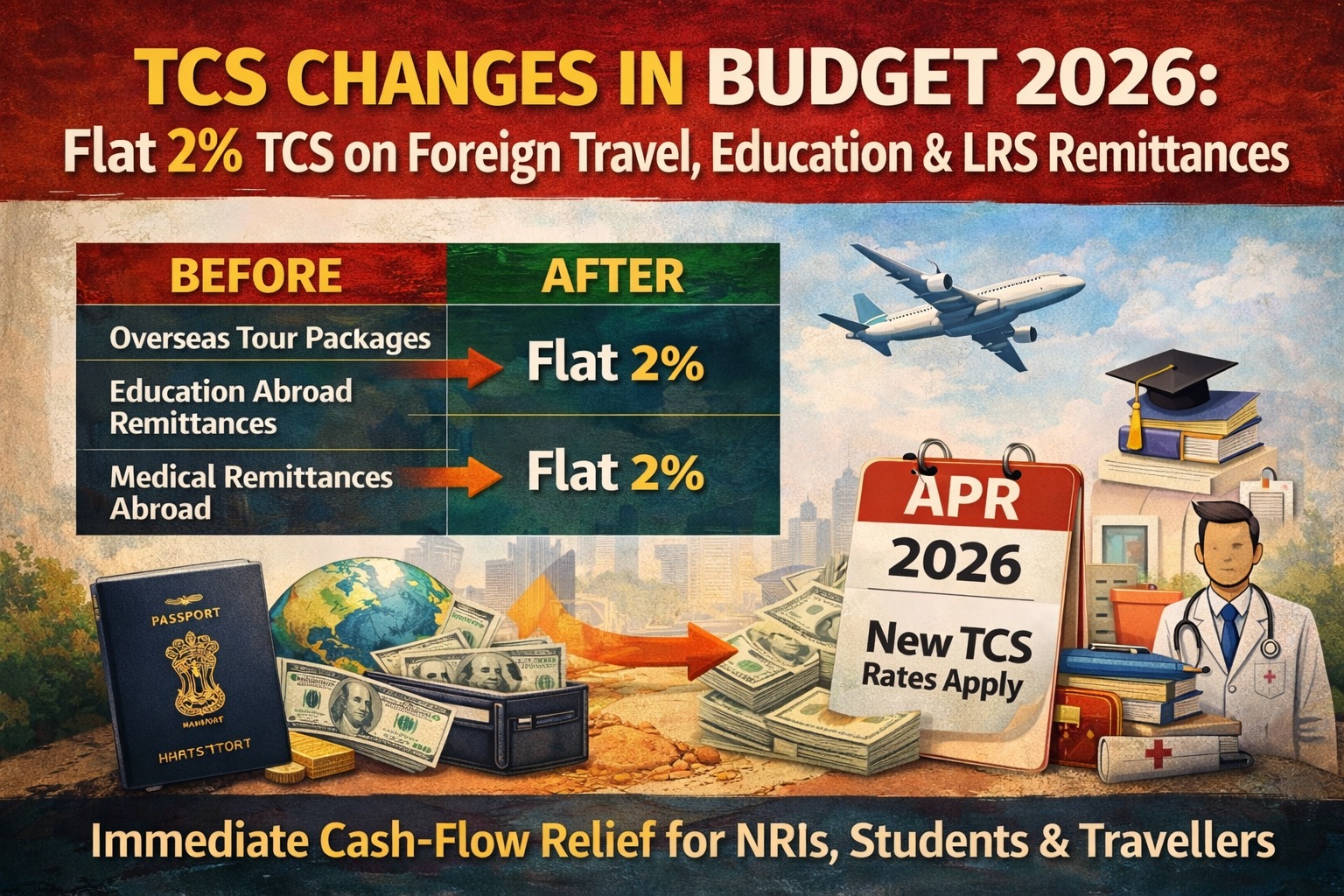 WhatsApp
WhatsApp
 Call Us
Call Us
 Email Us
Email Us
 Whatsapp Community
Whatsapp Community

In recent times, a shadow of uncertainty looms over the British tax system, stirring concerns among non-resident Indians (NRIs), recent migrants, and families contemplating a move to the UK. The proposed abolition of a longstanding tax feature, set to take effect in April 2025, threatens to increase tax burdens, necessitate careful financial planning, and potentially diminish the UK's appeal as a migration destination.
The proposed tax overhaul aims to revamp the treatment of UK resident non-domiciled individuals (non-doms), signaling significant implications for NRIs. Presently, Indian income and capital gains of NRIs remain untaxed unless remitted to the UK. However, under the impending regime, new arrivals will face a shorter tax relief period, with taxation on worldwide income kicking in after just four years of residency.
For NRIs already settled in the UK, particularly those who migrated two years ago, relief may be available for the remaining two years under the current system. Nonetheless, the transition poses challenges, with potential tax leakage ranging from 5% to 30% across different income streams, necessitating meticulous financial planning.
The proposed framework also introduces complexities for NRIs with longer UK residency, with tax rates varying based on the duration of stay and the timing of remittances. Consequently, Indian families considering migration to the UK may opt to delay their plans, anticipating potential revisions by future governments. Meanwhile, existing families are advised to assess the impact on direct income, offshore trust earnings, and inheritance tax implications, among other factors.
For affluent NRI families with offshore assets, the shifting tax landscape prompts considerations for trust restructuring, distribution timing, and alternative wealth management strategies. While the UK's non-dom regime has historically attracted wealthy Indians due to its tax advantages, the proposed changes may prompt a shift in preferences towards countries with more favorable tax policies, such as Switzerland and Dubai.
As NRIs and migrant families navigate these tax reforms, proactive measures such as investment restructuring and exploring alternative jurisdictions become imperative. While the UK's appeal may undergo adjustments amidst evolving tax regulations, global trends indicate a broader shift towards mitigating double taxation, underscoring the need for strategic financial planning in an increasingly interconnected world.
In conclusion, while the impending tax changes may pose challenges for NRIs and migrants, they also underscore the importance of adaptability and informed decision-making in managing financial affairs across borders.







Stay in the loop, subscribe to our newsletter and unlock a world of exclusive updates, insights, and offers delivered straight to your inbox.